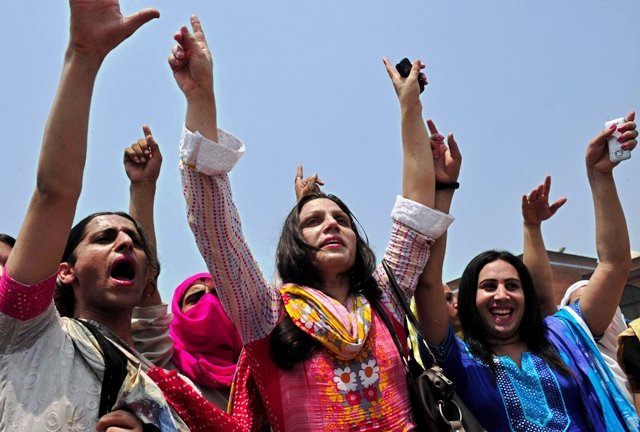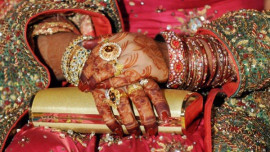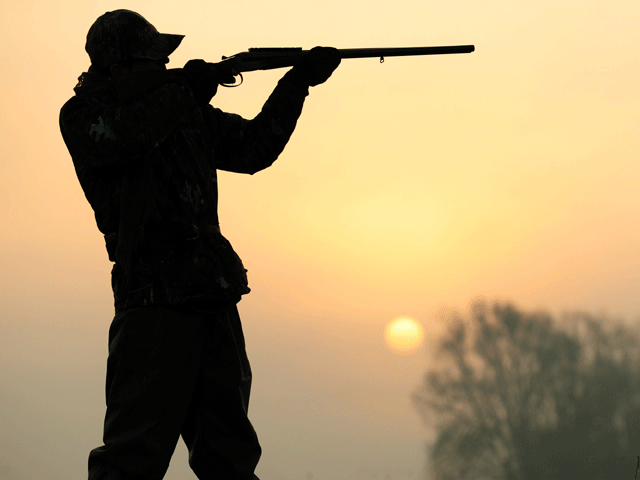
More than a decade after the highest court of the land ruled that members of the transgender community are entitled to the equal benefit and protection of the law, they continue to live as social pariahs.
Society considers the third gender inferior and freakish due to a flawed perception that transgender people are only capable of dancing, singing, begging, and sex work. The consequences are a loss of heart in finding meaningful work and being resigned to accept their fate as outcasts.
The lack of sensitization of another gender weighs heavy on Zanaiya Chaudhry, an activist for the rights of transgender people, who spent years in an internal conflict regarding identity. Until his college, Chaudhry was enrolled as a boy. But he never felt like one. “I felt as if someone else was sitting inside me, and I was covering myself with someone else’s cloak outside,” said Chaudhry, who now identifies as a woman. However, today, Chaudhry acknowledges being a transgender person is no fault of her own, and she is happy in the skin that God created her in.
Zanaiya says that members of her community are progressing despite the lack of societal acceptance as some have started their businesses or are working in the media industry. Leaping into the national mainstream will require a focus on education and acquiring skills, suggested Zaniya. “To make our place in society, we transgenders have to change ourselves. You have to prove by your attitudes and your abilities that transgender people are not inferior to any other man or woman,” she added.
Zaniya’s sentiments of acquiring skills echo throughout the minority group as a means to move forward in the race of life. Leila Naz, a local guru of the community, colloquially known as khwaja sara, says that like ordinary people, they want to make a living through hard work and employment, but only a handful of the community are well educated and with jobs. She identifies illiteracy as her community’s biggest hurdle. To overcome this, Leila has taken the initiative to teach her disciples various skills, including sewing, embroidery, and designing, at a vocational centre set up in the Johar Town area of Lahore.
Leila states that the centre accepts online orders for sewing and provides sewing machines and the ability to make an income that they will spend for the betterment and welfare of the community.
Anusha Tahir Butt, the founder of the Transgender Empowerment Program, initiated the vocational centre in the hope that she could highlight the talents of the khwaja sara community and the negative labels associated with them could be shed.
Talking to The Express Tribune, Anusha highlights the efforts of NGOs like hers in fighting for transgender people’s right to vote and having valid IDs. However, according to her, a hitch is that confined to choose from two sexes by NADRA before 2018, parents of transgender people had to list their child as either a boy or a girl in their birth certificates. So now their NADRA and educational certificates list them as male or female, disenfranchising them for availing transgender facilities announced by the government.
Anusha believes the government needs to take steps to ensure that transgender people who now want to change their sex on ID cards or educational credentials can submit a certified medical report from an authorized government hospital to make the change.
Published in The Express Tribune, June 26th, 2021.

1719315628-0/BeFunky-collage-(8)1719315628-0-405x300.webp)


1731329418-0/BeFunky-collage-(39)1731329418-0-165x106.webp)


1720030784-0/Smog-free-Lahore-(14)1720030784-0-270x192.webp)










COMMENTS
Comments are moderated and generally will be posted if they are on-topic and not abusive.
For more information, please see our Comments FAQ